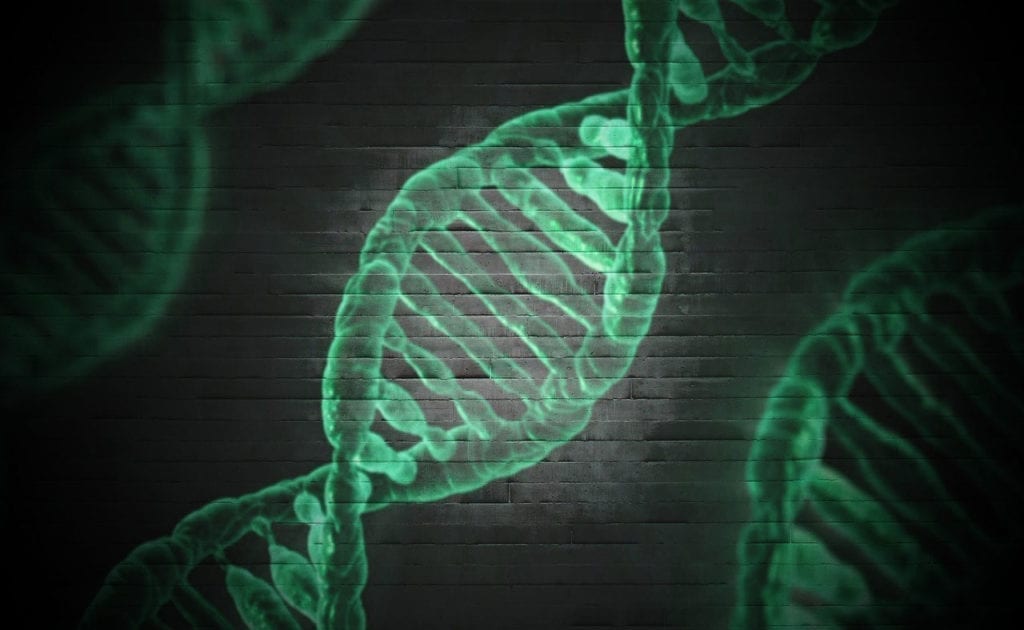In the United States, Orphan Drug designation is granted to drugs or biologics intended to treat patients with rare or life-threatening illnesses, defined as those affecting under 200,000 people or less. Once a drug developer receives this status, they also receive 7 years of market exclusivity (once approved), increased regulatory assistance, fee waivers, and tax credits. In the European Union (EU), this designation is granted to treatments intending to treat patients with rare conditions affecting no more than 5 in every 10,000 individuals. According to a recent news release, FLT201, an investigational gene therapy designed for patients with Gaucher disease type 1, received Orphan Drug designation in both the U.S. and EU.
FLT201
So what exactly is FLT201, and why did it receive Orphan Drug designation in both of these arenas? Developed by biotechnology company Freeline Therapeutics Holdings plc (“Freeline”), FLT201 is an investigational gene therapy delivered using adeno-associated viral (AAV) vectors. Altogether, the treatment is designed to require only one intravenously administered infusion. FLT201 works by delivering a GBA1 sequence to the body. Next, this sequence introduces the proprietary GCase variant 85 to the body.
Normally, an enzyme called beta-glucocerebrosidase helps the body break down a lipid called glucocerebroside. But patients with Gaucher disease have low levels of beta-glucocerebrosidase, causing glucocerebroside to accumulate in the body. In FLT201, this proprietary GCase variant 85 works to deliver higher beta-glucocerebrosidase levels to the body to help reduce the burden on patients.
Because FLT201 requires only one infusion, it would offer significant benefits to patients. Currently, treatment often requires infusions every 2 weeks, which is time-consuming and invasive for patients. Reducing this allows patients a higher quality of life while maintaining the level of care needed.
Moving forward, Freeline hopes to begin a Phase 1/2 clinical trial before the end of 2021.
Gaucher Disease
Gaucher disease is a rare genetic and lysosomal storage disorder characterized by deficient or non-existent beta-glucocerebrosidase activity. As explained above, this enzyme normally helps break down a specific lipid into glucose and ceramics molecules. However, GBA gene mutations cause extremely low enzyme activity. As a result, this lipid builds up in cells, which can ultimately cause organ and tissue damage. Because Gaucher disease is inherited in an autosomal recessive pattern, patients must receive one defective gene from each parent. Typically, this condition is higher in those of Ashkenazi Jewish heritage.
Symptoms and severity vary between subtypes (type 1, 2, or 3). For example, Gaucher disease type 2 is often highly fatal in infancy, while symptoms in type 1 or 3 may not appear until later in life. However, some symptoms may include:
- Fatigue and general malaise
- Easy bruising and bleeding
- Enlarged spleen and/or liver
- Abdominal pain and distention
- Skeletal abnormalities and weakened bones
- Anemia (low red blood cell count)
- Abnormal eye movements
- Difficulty swallowing
- Muscle rigidity
- Seizures
Learn more about Gaucher disease.








